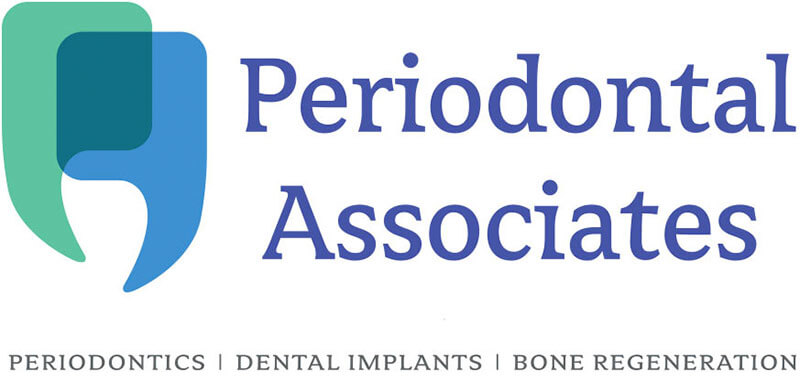You are familiar with what a dentist does, but what exactly is a periodontist? Perhaps you’ve been referred to a periodontist due to severe gum disease or to have a dental implant placed. A periodontist is a specific type of dentist with a specialty in periodontics, which refers to the health of the gums and bones that support the teeth.
When should you see a periodontist in addition to a regular dentist? Here are some possible scenarios.
Situations That Might Lead to a Referral to a Periodontist
These are some examples of cases where a dentist may refer you to a periodontist for specific or advanced treatment.
- Severe Gum Disease. Gum disease is quite common. Adults over 30 are likely to experience gum disease to some extent. But not everyone’s case is severe enough to require a periodontist. In some instances gum disease can be treated and managed by your dentist. It is considered severe when it causes extreme discomfort, is recurring or chronic despite treatment, or if it will require more complex forms of treatment such as scaling or root planing.
- Loose Teeth. If your teeth are loosening in your mouth, it can be the result of severe or untreated gum disease. Your gums and jaw bone are the supportive structures that help to keep your teeth in place. The bone that supports the teeth, can weaken due to gum disease. When the supportive structure starts to deteriorate, the teeth can become loose, requiring the help of a periodontist to restore or replace the loose teeth.
- Missing Teeth. Teeth can be lost for a variety of reasons from gum disease to severe decay or trauma. But there are many tooth replacement options available, such as dental implants. A dental implant is an artificial tooth and root system that is surgically placed in the jaw bone. The placing of a dental implant is a complex procedure that is often performed by a periodontist.
- Bite Pattern Issues. If you experience sudden or gradual changes in the way your teeth feel when you bite down, it could be an indication of gum or jaw issues. You may think that bite issues would be handled by an orthodontist, but not necessarily. An orthodontist may correct bite issues that have always been there, but a change in bite pattern would be referred to a periodontist.
- If you have Diabetes. Studies have shown a correlation between gum disease and diabetes. One doesn’t necessarily cause the other, but they are unmistakably related. If you have diabetes, it may be necessary for you to see a periodontist regularly to avoid or get treatment for gum disease.
Signs You May Have Periodontal Disease
Periodontal disease, or gum disease, is characterized by a variety of symptoms:
- Bleeding gums. If your gums bleed, even a little bit when you brush or floss your teeth, it indicates that your gums may be infected.
- Swollen gums. Swelling is another sign of infected gums, as the inflammation tends to trigger swelling.
- Abscessed gums. Severe infection sometimes leads to oozing of pus from the gums.
- Pain. When you feel pain in your gums it indicates that they are inflamed and irritated from infection.
- Bad breath. Gum disease can cause bad breath. If you or a loved one notice a change in your breath it may indicate an infection.
- Loose or missing teeth. Severe gum disease can lead to teeth becoming loose and even falling out.
Do You Need a Referral To See a Periodontist?
No, you do not need a referral from your dentist to see a periodontist. You can make an appointment for a consultation at any time. It can be helpful to request that your dental records be sent to your periodontist so that they have background information about your general dental health. If you have dental insurance you may want to check with your provider to find out what is the best course of action to ensure you get the maximum amount of benefit toward periodontal services.
Schedule a Consultation with Periodontal Associates
If you have symptoms of gum disease or your dentist or physician has recommended that you see a periodontist, Periodontal Associates is here to help. We offer a wide range of periodontal services from scaling and root planing to dental implants. If you need additional care beyond what your dentist is able to provide, contact Periodontal Associates.
Call 508-875-6185 today to schedule a consultation at our Framingham office or 617-964-6185 for our Newton office. You can also request an appointment at your most convenient location. We look forward to providing you with top quality periodontal care.

